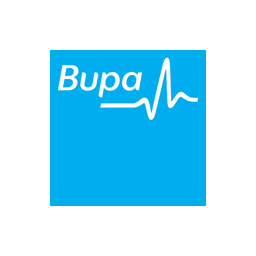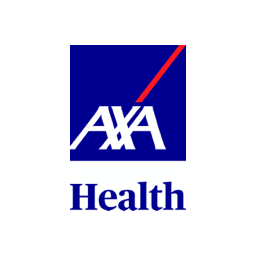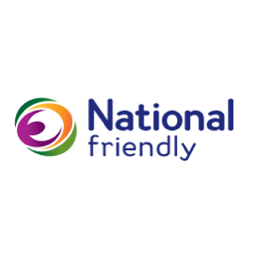Whenever you apply for health insurance, you’ll need to fill out an application form. You may do this online, or fill in a paper copy at home or with your health insurance adviser. The most important thing to remember is that the information you put on your application form will affect whether you are approved for health insurance and how much premium you will have to pay.
A guide to health insurance forms
Health insurance forms are, in fact, quite straightforward. The nature of health insurance means that providers want as much information about you as possible, which is why the forms are often long and involved, but insurers have put a lot of effort into making sure that questions are easily understood, that a variety of options are available and that there’s space for you to add extra information if you need to.
- Personal details – obviously, the insurer is going to need your personal details, including address and contact numbers. They will also want to know your date of birth so that they can calculate your age. Age often has an impact on health insurance premiums, so you need to fill this in accurately.
- Doctor’s details – the health insurance company may want to check certain facts with your doctor. They will always ask your permission to do this, but they will contact your doctor directly, so they need his or her name, the name of the practice and the address and phone number details. If you are not registered with a doctor, it’s worth finding a practice near you and registering before you complete the health insurance forms.
- Current health – the healthier you are, the lower your health insurance premiums will be. That’s why insurers want to know if you smoke or take drugs and how much alcohol you drink on average in a week. They will also want to know if you are currently undergoing any treatment at present, or if you are taking any prescribed medicines.
- Medical history – your medical history is important. Details of any conditions you’ve had in the past will influence the decision on whether to approve your health insurance and whether any exclusions will be placed on your policy. There are certain things that your health insurance provider doesn’t need to know – such as the last time you had a cold, or whether you’ve been treated for bunions – but major health problems, treatments and operations need to be declared. Health insurance forms often cover this by listing the things they want to know about – all you have to do is tick the boxes if they apply to you. This makes the process much easier.
Above all, it’s important that you understand that you must declare everything in the application form. If you leave something out, either accidentally or deliberately, and your provider finds out, you could lose your cover. Taking the forms a step at a time, and asking for professional help if you need it will help to ensure that you are properly covered when you need to be.
Looking for Private Health Insurance? Speak to Right to Health
Right to Health is a leading UK health insurance intermediary, helping individuals and corporations find the best private health insurance cover. With access to the UK’s top health insurance companies, Right to Health has advised thousands of clients and can help you to get great health coverage for a competitive premium. Right to Health is authorised and regulated by the Financial Services Authority, which means that you can be confident that the recommendations you are given really are in your best interests. To find out more or to get a review of your current health insurance, call 08000 753 999 or click the Free Online Quote button at the top of the page.
July 1, 2018








